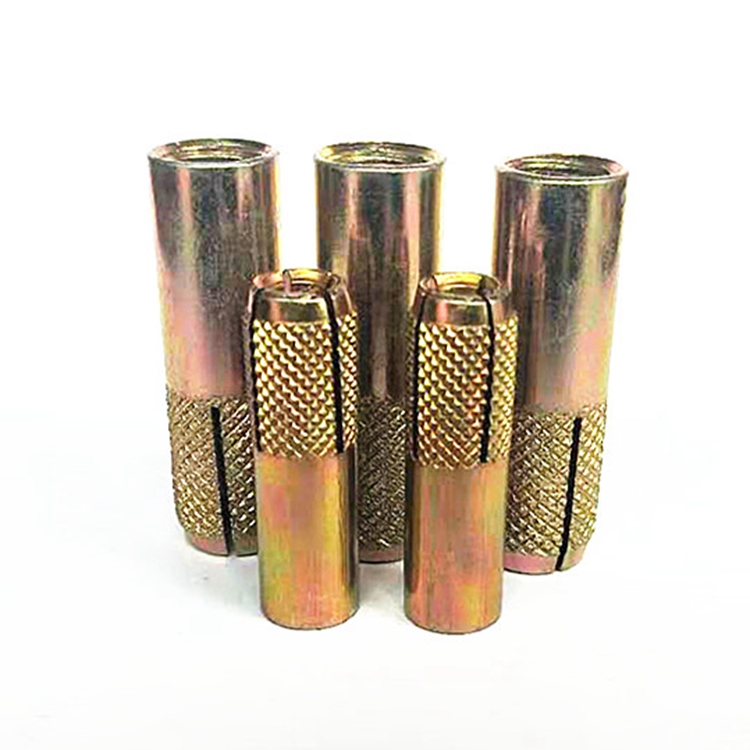famous th400 torque converter bolts
Nov . 02, 2024 03:43 Back to list
famous th400 torque converter bolts
Understanding the Importance of Torque Converter Bolts in Performance Vehicles
The torque converter is a vital component of an automatic transmission system, playing a crucial role in transferring engine power to the wheels. Among the many parts that contribute to the torque converter's functionality, the torque converter bolts are often overlooked yet incredibly significant. These bolts secure the torque converter to the pump assembly and engine flywheel, ensuring that power is effectively transmitted without any slippage.
The Role of Torque Converter Bolts
Torque converter bolts are designed to withstand substantial torque and pressure. As the engine operates, the torque converter transfers rotational energy through these bolts, allowing the vehicle to move smoothly. If the bolts are not secure or if they fail, it can lead to catastrophic engine failure or transmission issues, making it essential for vehicle owners to understand the significance of these components.
Types of Torque Converter Bolts
Not all torque converter bolts are created equal. Depending on the vehicle make and model, the specifications for these bolts can vary considerably. Common materials used for manufacturing these bolts include high-strength steel alloys, which provide durability and resistance to wear. Some performance vehicles might employ specialized bolts designed to handle higher torque demands, catering to their enhanced power output.
Torque Specifications and Installation
famous th400 torque converter bolts

When installing torque converter bolts, adhering to the manufacturer’s torque specifications is crucial. Each bolt has a specific torque rating, often measured in pounds-feet (lb-ft), which ensures the proper clamping force is applied. Over-tightening these bolts can lead to stripping the threads or damaging the torque converter itself, while under-tightening may result in components loosening during operation.
Maintenance and Inspection
Routine maintenance of your vehicle should include an inspection of the torque converter bolts, especially for high-performance applications. If you notice signs of wear, such as rust or corrosion, or if you hear unusual noises from the transmission area, it may indicate loose or damaged bolts. Addressing these issues promptly can prevent more extensive and costly repairs down the line.
Upgrading Torque Converter Bolts
For automotive enthusiasts looking to enhance performance, upgrading to high-performance torque converter bolts can make a difference. Aftermarket options are often available that provide increased strength and reduced weight, which can contribute to better overall engine efficiency. These upgrades are especially beneficial in applications where the engine is modified for higher horsepower and torque outputs.
Conclusion
While torque converter bolts may not be the most glamorous component of a vehicle, their importance cannot be understated. They are critical for ensuring that power is effectively transmitted from the engine to the transmission, enabling performance and reliability on the road. Vehicle owners and enthusiasts must recognize the need for proper maintenance, installation, and potential upgrades to these bolts to ensure optimal performance and longevity. A small yet vital component, torque converter bolts play a significant role in the operational integrity of any automatic transmission system. Whether you are maintaining a daily driver or enhancing a performance machine, paying attention to these bolts is a step towards ensuring a smooth and powerful driving experience.
Latest news
-
Premium Wire Bolts Suppliers | High-Quality Bolts
NewsAug.05,2025
-
Trusted Wire Bolts Suppliers - Durable & Reliable Solutions
NewsAug.04,2025
-
Wire Bolts Company | Premium Industrial Fasteners
NewsAug.03,2025
-
Top Wire Bolts Suppliers | AI-Optimized Fast Delivery
NewsAug.02,2025
-
Top Metric Wood Screw Companies | Durable & Reliable
NewsAug.01,2025
-
Premium Lawn Mower Handle Bolts Supplier | Fast Delivery
NewsJul.31,2025
